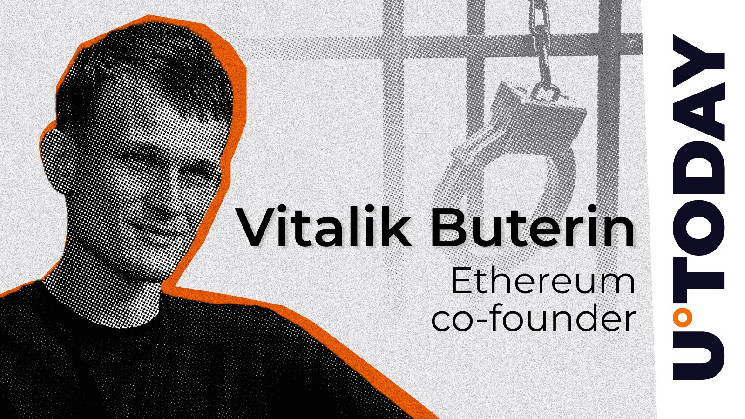Mert Mumtaz, co-founder and CEO of Helius, recently sparked a heated debate on social media platform
However, Ethereum founder Vitalik Buterin has made it clear that they cannot unilaterally steal money, as there must be an extremely high level of consensus.
A security council supervises a chain in the event of problems with the implementation of governance. As Buterin noted, it should have a voting threshold of at least 75%.
In addition, a substantial portion of the council members (at least 26%) may not be associated with the company behind a particular layer 2 solution.
When it comes to Arbitrum, for example, a quorum blocking group brings its members from outside Offchain Labs, the company behind the layer 2 solution. This way it can remain sufficiently decentralized.
Buterin has noted that both Arbitrum and Optimism meet such requirements, which is why the idea of layer 2s stealing user funds seems too far-fetched.
However, some users are still skeptical about whether the quorum-blocking subset will actually be inclined to act independently of the company. In response, Buterin pointed to the current members of Arbitrum’s security council.
According to cryptocurrency analyst Adam Cochran, users should consider the multiplicative impact of a board, the individual levels of trust associated with its members, and their goals and values. It comes down to “how many of these need to break (and to what extent) for collusion to occur,” Cochran said.
As the analyst notes, “multi-party boards with diverse stakeholder interests, with track records and public reputation at stake” make it less likely that users’ money can be stolen.

